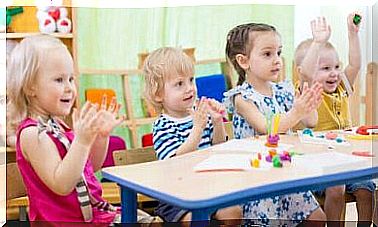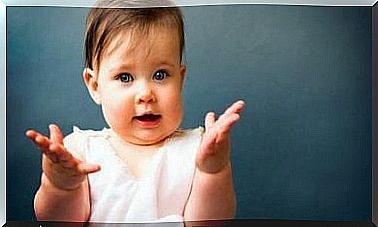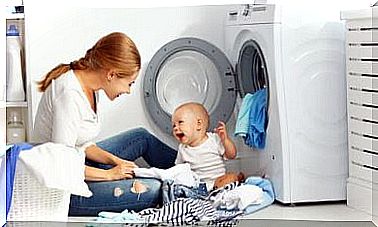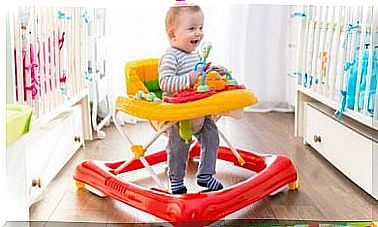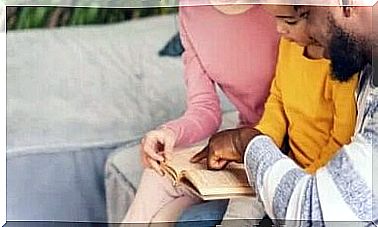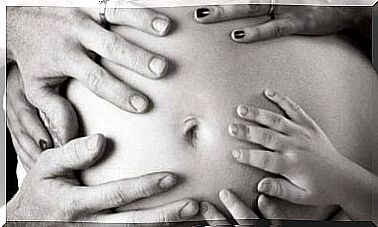Lack Of Stimulation And Delayed Development
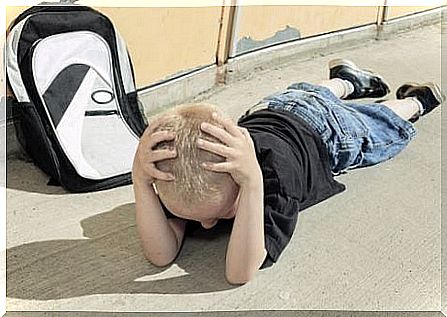
Not all children are stimulated properly or sufficiently mentally. Lack of stimulus can actually lead to delayed development. Today we therefore want to tell you how you can identify stimulus deficiency and how to solve it.
Babies need care, love and attention, mainly from their parents and siblings (if they have any). Not offering enough interactions that motivate and excite them can lead to delayed development.
Lack of stimulation can have psychological, emotional and social consequences during adolescence. It can be seen in e.g. inadequate social skills, difficulties in integrating into society, poor emotional management and lack of self-control.
Aggression among younger children demonstrates shortcomings during the first months of life. It is usually the result of frustration from lack of attention, motivation and early stimulation.
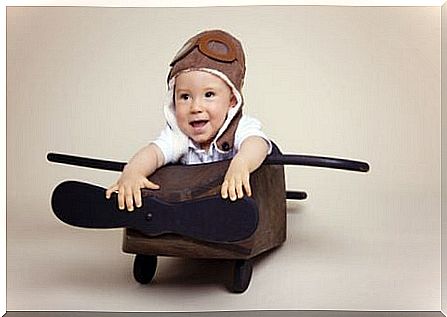
Stimulation is something all mothers must learn to develop during their child’s growth to avoid delayed development. It serves to promote personality, self-esteem and social integration.
It is important that children are well stimulated from the womb until around the age of seven, as their brains are very malleable during this period.
Love is the best stimulus for a baby. Lack of love can negatively affect a child’s integration into society and lead to difficulty concentrating.
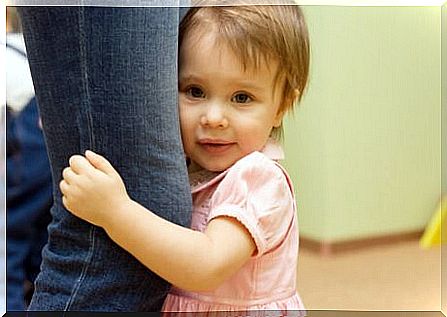
Mothers instinctively know their babies, but sometimes we do not realize that some things may not work quite as they should.
Some ways to draw attention to a child’s need for additional stimulation include:
- Slow progress for motor skills
- Poor handling of fine motor skills for age
- Difficulties with basic activities, such as crawling
- Extreme shyness
- Language problems or that it takes a long time to start talking
- Low self-esteem (frequent use of words such as ‘can not’, ‘do not know’, etc.)
- Get relationships with others
Once we have detected behaviors that gossip that there may be a lack of stimuli, we can, depending on their complexity, take certain measures to fix the problem at home and / or combine with advice from an expert after examining the child.
- At all stages of the child’s growth, it is possible to present stimuli or activities that are developmentally appropriate for their age. This could be, for example, dancing, singing children’s songs or playing hide and seek.
- Hugs, kisses, touch, massage, smiles and talk are stimuli that represent love, patience and peace. It helps you strengthen the bond you have with your baby.
- Your baby’s mood may change just because he feels he is not getting enough attention. It will under no circumstances learn to be ignored. We can help by specifying, repeating and demonstrating.
- The easiest way to change a child’s behavior is by hugging and spending time with it. The more time it wants to remain in your arms, the more positive and satisfying results.
- Professional help is an excellent option for more complex cases. The child can get help in the psychomotor, cognitive and emotional areas.
- Group therapy enables socialization with other children with the same difficulties. It integrates music, shapes, colors and specific exercises for learning that can be used at home later.
After a baby is born, it needs to learn about and discover the world around it. Support and good stimulation (full of love) will have a positive impact on many aspects of life and the circle of people around it.

